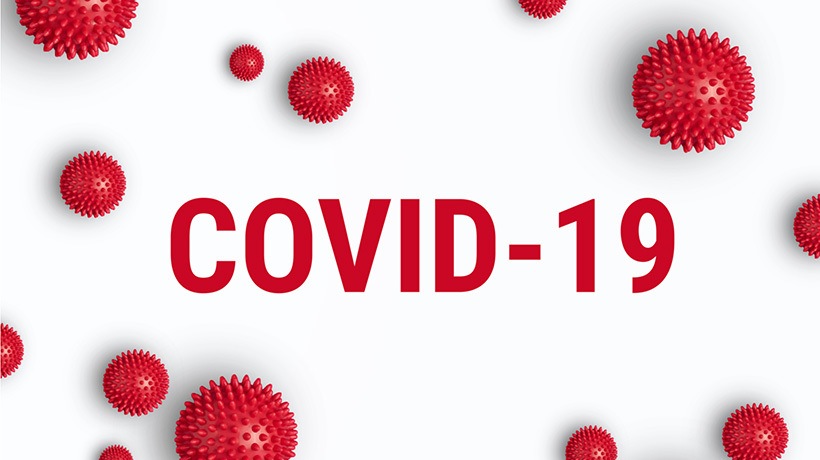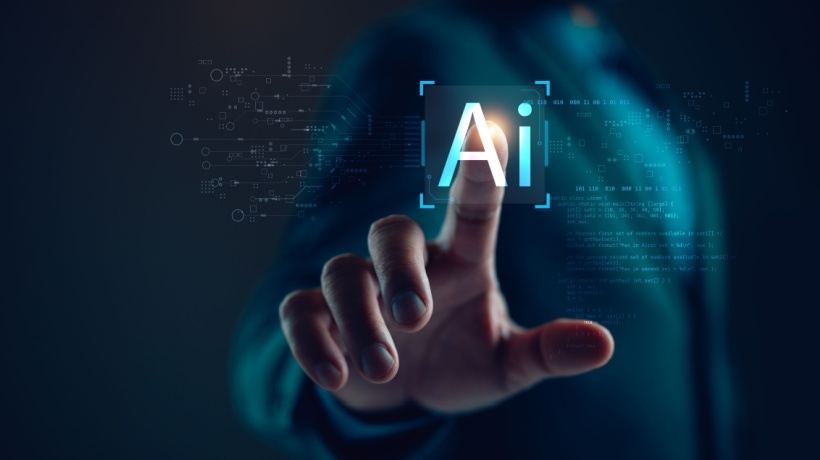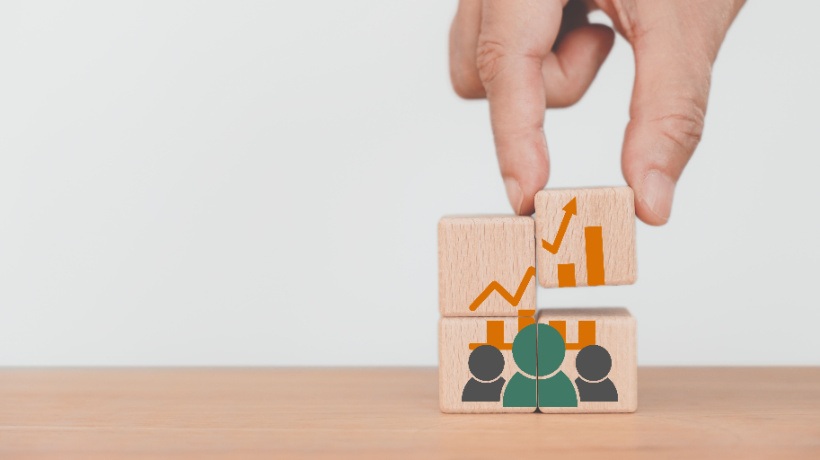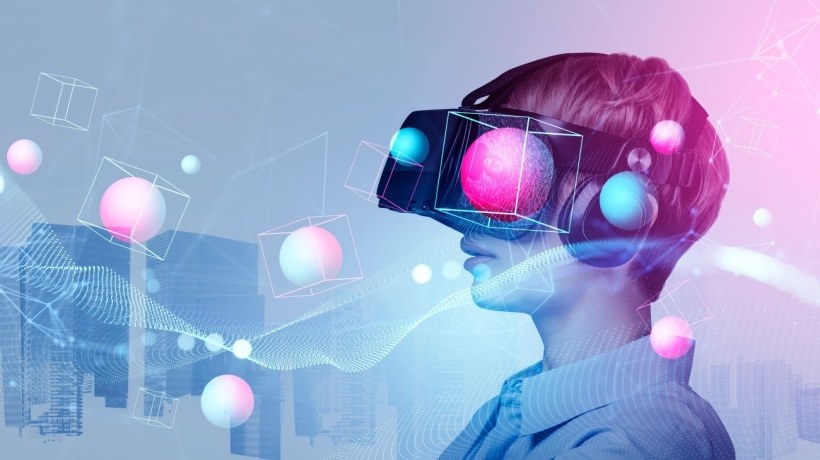Reshaping L&D’s Future?
COVID-19 is a classic example of a black swan event as described by Nicolas Taleb in his classic: The Black Swan: The Impact of the Highly Improbable [1]. Nobody saw this coming and the drastic social consequences are still hardly visible. For Learning and Development (L&D), the coronavirus crisis is certainly a black swan event. It raises the immediate question: What must L&D do now and in the near future to be, and to remain, prepared?
The Black Swan
Nicolas Taleb's The Black Swan [2] is a well-known metaphor for underestimating coincidence, the highly improbable and its impact. Unfortunately, how COVID-19 [3] has overtaken the world is a perfect example. In the future, black swan events will continue to play a decisive role but people will only recognize these phenomena afterward because we do not focus on details and fail to see generalities.
Characteristics of a black swan event:
- It is difficult to impossible for most people to see the phenomenon. Therefore, the unpredictability is great.
- The social impact in various areas is far-reaching.
- Afterward, people always find an explanation through rationalization to make it predictable. This type of cognitive bias explains being relatively blind to future black swan events.
Society worldwide is not sufficiently, or robustly, prepared for a pandemic. From China to Italy; from the Netherlands to the UK; from Spain to the US. Global society and health care systems are cracking at the seams with far-reaching negative human, social and economic consequences. There are poignant specific examples: the shortages of mouth masks, respiratory equipment and healthcare professionals, the massive unemployment, and the (imminent) social disruption.
Globally, L&D also appears not to be effectively prepared for a pandemic or other black swan event. It seems obvious that you need to take action quickly in a black swan event. We are seeing this in the current situation with L&D in two standard action patterns: doing more of the same and doing the same better.
Doing More Of The Same
The economy is stalling and there is a demand for social distancing. As a result, L&D is forced to stop all meetings and activities such as training, boot camps, hackathons, etc. or to come up with alternative online solutions. As a primary response, trainers go online en masse to support the best possible learning in organizations. To action this approach—moving from face-to-face to online—L&D professional teams receive support from, among others, professional bodies such as CIPD [4] and ATD [5].
Doing The Same Better
Can you do the same, or better, by moving from face-to-face to online? That question can be answered by checking out what’s happening in restaurants. The Financial Times [6], has reported on Michelin-starred restaurants serving takeaways during this crisis. These Michelin-star restaurants are counting on the chefs to deliver high-quality food to customers. This is a form of doing the same better compared to regular takeaway restaurants.
Doing the same better means that L&D must offer more quality. This can be done by working consistently evidence-informed. Mirjam Neelen and Paul Kirschner [7] articulate the importance of evidence-informed work as follows:
Use the evidence to increase your knowledge and expertise so that you can have conversations with clients or partners, parents and colleague teachers, directors or school principals/headmasters, and so further on WHY you recommend certain design decisions. It will improve your expertise, our value in organizations, and, the most important our designs so that our learners can learn more effectively, efficiently, and enjoyably!
Support for working in an evidence-informed manner is provided, among others, by Donald Clark and Mirjam Neelen and Paul Kirschner.
Donald Clark
At the right time, Donald Clark blogs on how to use evidence-informed videos:
But what works best for learning? The evidence shows that many of the things we do in video are just plain wrong. There’s decades of research on the subject, that mostly remains unread and unloved. For a good summary, read Brahme (2016). So let’s surface a few of these evidence-based pointers.
Donald Clark also shares evidence-informed knowledge about the role of attention: "Attention [8] is a necessary condition for learning, so your job is to raise attention and curiosity, not bore them into submission." But Donald offers more and his blogs are a rich source of inspiration to be and stay informed as an L&D professional about the subject of evidence-informed work.
Mirjam Neelen And Paul Kirschner
Another excellent initiative comes from Mirjam Neelen and Paul Kirschner, who share evidence-informed knowledge about education in a series of no fewer than 12 blogs:
Education institutions and organisations alike are trying to figure out how to help their students or workers learn while at home. At this point, they’re forced to redesign their current offerings from face-to-face to digital at a distance. Although there are many pitfalls (redesign from in-person to virtual requires a careful design process), we thought it might be helpful to give some tips & tricks.
In addition, Mirjam Neelen and Paul Kirschner recently wrote the book Evidence-Informed Learning Design with a wealth of knowledge, tips and tricks that can be applied immediately.
Doing the same better is bound to have an impact. For example, Michelin-starred restaurants are likely to discover that takeaways are an additional source of income for them. And what will the massive switch from face-to-face to online learning solutions mean for L&D? Is a large part of the face-to-face activities, as we know them, going to disappear permanently? Or are completely new forms of blended learning emerging with more online and less face-to-face? Who can tell? However, you don't have to be a fortune teller to predict that the corona crisis will impact the distribution, form, and cost of learning solutions in the future.
Doing Something Different: Reshaping The Future Of L&D?
During the corona crisis, it can be seen that existing business models can be replaced quickly. New ideas and products emerge from a completely unexpected angle, which seemed very unlikely beforehand. As an example, take the Formula 1 teams that will be utilizing the capacity in the factories in the coming weeks and months to help solve the desperate shortage of respirators, according to the BBC:
A number of teams have applied-technologies divisions that could directly feed into the national production capacity of ventilators in the UK and Italy, particularly McLaren, Red Bull, Williams, Mercedes and Ferrari. But all teams have advanced manufacturing capability that could potentially be used to make complex devices such as this, and as many will help as can. The idea is to increase the supply of the existing design of ventilators rather than try to come up with a new approach. The UK is estimated to need an extra 20,000 ventilators to deal with the crisis as it develops over the coming months.
It is very interesting to see how quickly multinationals are able to respond to the current crisis. Reuters has published an example of corporate social responsibility by Anheuser-Busch InBev, the world's largest brewer. The report says:
Starting from Wednesday they will ship 50,000 liters of disinfectant made with alcohol removed from its alcohol-free beers to European countries hit by the coronavirus.
The company said alcohol available from the production of its Jupiler 0.0 brand in Belgium and Beck’s Blue in Germany were delivering an initial run of disinfectant in partnership with German ethanol producer KWST GmbH and Belgian packaging company Jodima. Shipments of 5-litre containers will initially be sent for use in hospitals, likely to be in Belgium, Britain, France, Italy and the Netherlands.
Although there is well-founded criticism [10] of the description of black swan events, it is clear that L&D appears to be insufficiently robustly prepared for this type of event. L&D has to stop face-to-face activities and the transition to online too rapidly and at too massive a scale. The result is not always smooth or with adequate quality (evidence-informed) and with the desired, measurable impact. We will soon find out that online is a different world and with a different dynamic.
The L&D community can already think about the post-corona era through several scenarios, for example, by answering the following questions:
- What can and should we do differently if it now appears that our services are being ended en masse and suddenly?
- Are we sufficiently prepared to provide evidence-informed services?
- Are our learning solutions sufficiently connected to the core business? In other words: Are we relevant to business operations in times of crisis?
- Can we also tap into other target groups and markets, following the Michelin star restaurants’ approach?
- Is the current L&D business model still tenable? All over the world, there seems to be an explosion of new or adapted business models, while L&D appears to persist in its learning-focused business models. In other words: Which L&D business model is effective in the context of the robust preparation for this type of crisis?
One of L&D’s strengths is to stimulate individual and collective reflection among its customers. Now is the time however, as an L&D community, to reflect on how to proceed: do more of the same, the same better or do something completely different?
We would like to be the platform to share ideas, knowledge, and experiences. Because stronger together certainly also applies to the world of L&D. Reshaping the future of L&D, that's up to us...
References:
[1] The Black Swan: Second Edition: The Impact of the Highly Improbable
[3] Coronavirus disease (COVID-19) outbreak
[4] Responding to the coronavirus
[5] Resources for Virtual Training Design and Facilitation
[6] Michelin starred meals delivered to customers in lockdown
[7] DESIGNING LEARNING EXPERIENCES IN AN EVIDENCE-INFORMED WAY
[8] 10 ways to make badass INTROs in online learning (& ditch dull learning objectives)
[9] Coronavirus: Formula 1 teams are to help in supply of ventilators
[10] Possibly Maybe







![Creating In The Age Of AI: How Generative AI Content Is Reshaping eLearning [eBook Launch]](https://cdn.elearningindustry.com/wp-content/uploads/2025/04/Creating-In-The-Age-Of-AI-How-Generative-AI-Content-Is-Reshaping-eLearning-eBook-Launch.jpg)
